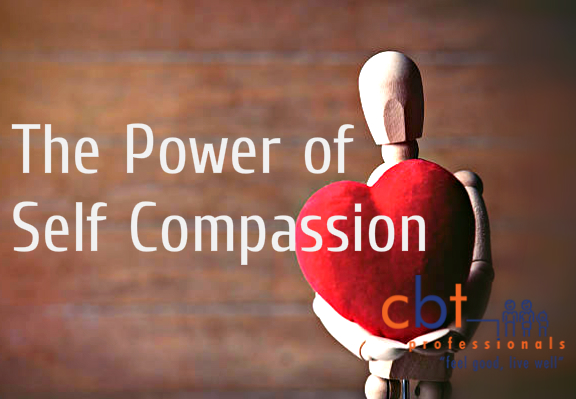The Power of Self Compassion.
Ever since the transfusion of Eastern Knowledge and wisdom into the West there has been a shift to how we view previously taken for granted ideas or beliefs. Self-compassion is a powerful belief and practice with specific steps that can offer those who are inclined, interested or ready to experience themselves in a much more nurturing light.
Self-compassion is not to be confused with self-esteem. Self-compassion teaches us how to give with loving kindness, firstly to ourselves and in so doing we have more space and energy to give to others. Self-esteem however can have the tendency to use language that is comparison oriented such as: ‘I must have a ‘low self-esteem’ if I can’t do that…they must have a ‘higher or better self-esteem’? This language is very definitive in nature and can run the risk of the person trying to practice it to think thoughts such as they need to be at a ‘higher’ or ‘better’ level than the other. An inexperienced mind may conclude that they may ‘need to be better than the other’ in order to feel good.
Self-Compassion does not engage in language that is definitive in nature but rather accepting, open and nurturing to whatever the feeling or experience. There simply is no comparison just validation. For example, a classic situation to capture our minds way of processing unwanted information about ourselves after receiving a low mark on our exam, our mind may say things such as:
“Oh my god! What on earth is going on here? Why have I received such a terrible mark? I must not be doing well at all. So stupid!! I thought I understood but I clearly don’t!!”
Self-compassion teaches us to speak to ourselves as we would a friend. Most of us would not say such things to a friend. Yet we are fine to do it to ourselves? Why are we not deserving of a friendly supportive response to a situation such as this? And how different do we feel when we receive supportive care? For example:
“Oh? I was not expecting that? I feel pretty flat about this and it makes sense why I feel this way. I guess I have been stressed lately and this is now showing in my marks. What can I do to change this for myself so that this does not happen again?”
These are very different responses and they generate very different emotions and practices.
Self-compassion teaches us to:
1. Notice the feelings and thoughts
2. Validate those feelings and thoughts (no matter how bizarre they may seem because a feeling is neither good nor bad it just is)
3. Ask ourselves what would we like to do about it?
With self-compassion, there is no energy lost to comparing ourselves to anyone else or ideas of ‘good enough’, there is no energy lost to berating ourselves. There is a caring and kind energy generated and as a result we can move directly into action without being pulled down by berating thoughts while we do it.
It takes practice and mindfulness of our thoughts and feelings, but once mastered we are loving and caring to ourselves, get things done and are much kinder to others also as a result.
For more information on Self Compassion please view: Youtube>Kristen Neff ‘Self Compassion’.
Disclaimer: Content on this website is provided for education and information purposes only and is not intended to replace advise from your doctor or registered health professional. Readers are urged to consult their registered practitioner for diagnosis and treatment for their medical concerns.
Blog written by CBT Professionals Clinical Psychologist on the Gold Coast, Marilyn Grogan. CBT Professionals are a team of clinical psychologists on the Gold Coast with offices in Coomera and Nerang. Gold Coast CBT psychologists offer services to adults, children, and couples. Please call and make an appointment on 56 683 490.
THREE CONVENIENT LOCATIONS
MOUNT GRAVATT
Mt Gravatt Medical PrecinctSE 105, 1808 Logan Rd
Upper Mount Gravatt QLD 4122


